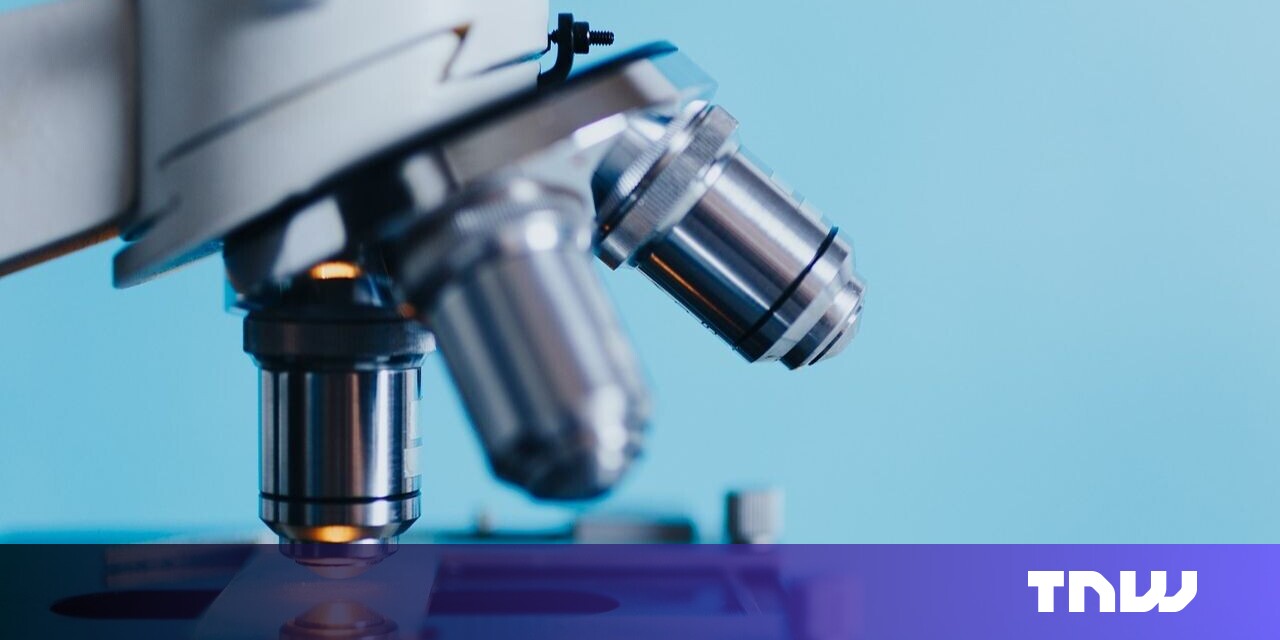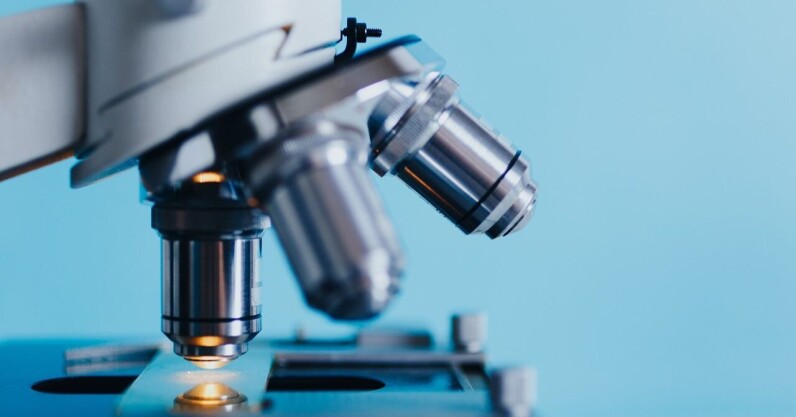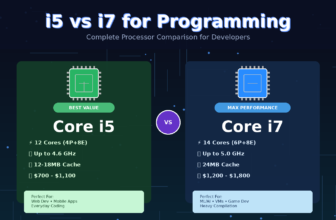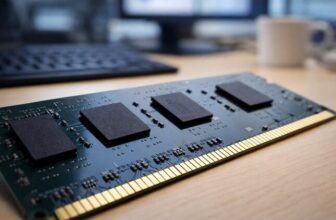
Dell and University of Limerick (UL) in Ireland have teamed up to advance cancer research using AI.
Specifically, the tech giant will be working with UL’s Digital Cancer Research Centre to help doctors provide more efficient cancer care for patients suffering from B-cell lymphoma. This covers the entire spectrum of care, from speeding up diagnosis to improving treatment and long-term outcomes.
To achieve this, Dell has developed an AI platform, powered by the company’s latest storage arrays and PowerEdge servers. The platform is now part of the Centre’s multicloud ecosystem, and is able to produce digital twins of patients.
The technology is expected to facilitate the researchers’ work in multiple ways. They’ll be able to accelerate biomarker testing for cancer, gain further insights on appropriate treatments, and develop personalised therapies based on the individual’s tumour characteristics.
By further understanding the pathogenesis of these malignancies, the researchers will also have the opportunity to devise novel therapeutic approaches. One such example is the role collagen inside the tumour’s “micro-environment” can play in spreading cancerous cells to the body and the central nervous system.
“Through our partnership with the Dell Technologies team, we will be able to advance our knowledge of how cells go wrong during cancer development and find new ways to diagnose and treat cancer patients,” said Paul Murray, Professor of Molecular Pathology at UL and Director of the Digital Pathology Unit at the Digital Cancer Research Centre.
According to Catherine Doyle, Managing Director of Dell in Ireland, the partnership is taking cancer clinical research “to a new level” with the potential to “benefit patients and healthcare professionals globally.”







